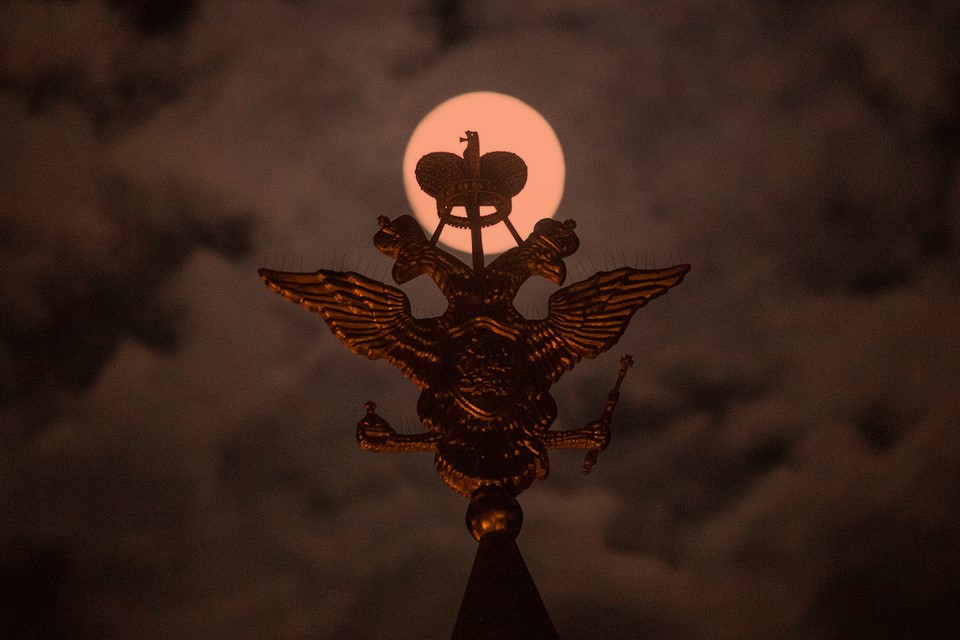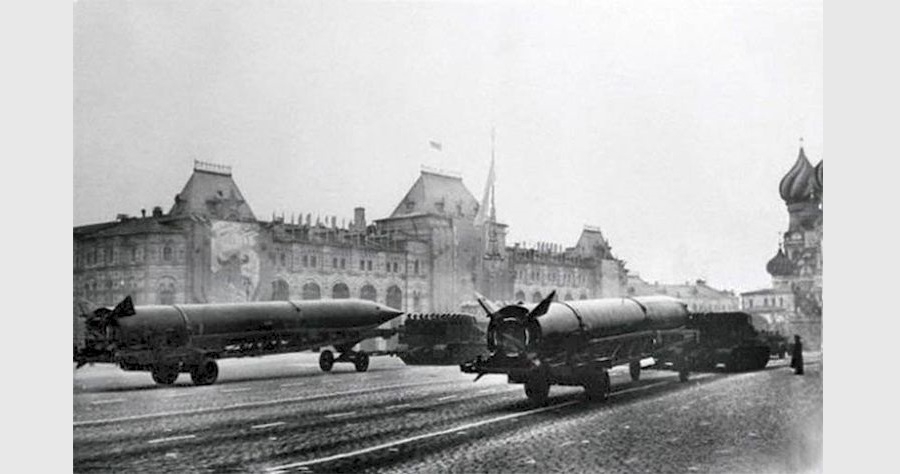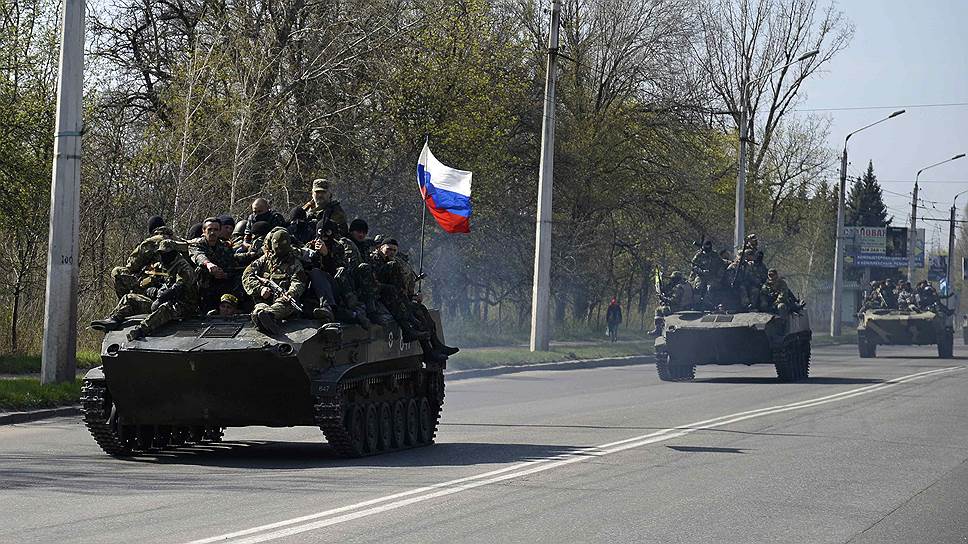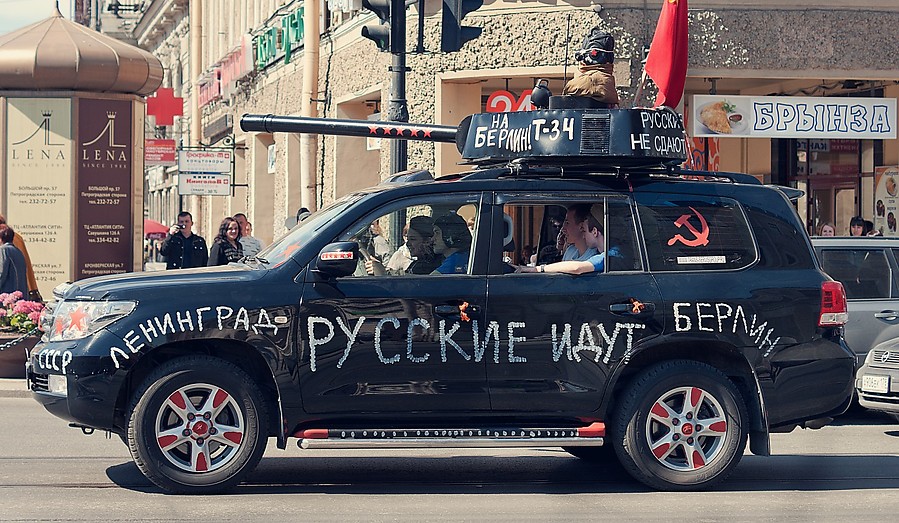The flood of articles highlighting the growing problems the Putin regime faces and predicting its approaching end in fact, Irina Pavlova says, are “consciously or unconsciously” serving the Kremlin’s “disinformation” efforts by distracting attention from the nature of that state and why it is in far less trouble than their authors imagine.

The US-based Russian historian, as she has before, says that most of these articles are based on a fundamental misunderstanding of the nature of power in Russia which is completely different from that in other countries even when its leaders themselves use Western terminology.
Most seriously, Pavlova says, “behind this information noise of the Internet era, not to speak about the existing level of secrecy which has remained unchanged from Stalin’s time, the powers can conceal what they really want to conceal” and that is this: Russia’s rapid re-militarization at the expense of the population.
The Russian historian points to several articles which she sees as especially egregious in their lack of understanding of the differences between Russia and the rest of the world. “In the West, the state, to which society delegated its authority and which was forced to bear responsibility before society, was established,” she writes.
But in Russia, on the other hand, “there never was a state in the Western sense, one that was the result of the agreement of different social strata and groups.” Instead, such a state only began to be put in place at the end of the 19th and the beginning of the 20th century,” only to be reversed by the Bolshevik revolution of 1917.
What arose and exists in Russia, Pavlova continues, “is not a state (gosudarstvo) but a power (vlast), power as a demiurge which is not responsible to the people populating the country and which, if it does anything for that population, does so only as a result of its own pragmatic considerations.”
“More than that,” she continues, “power itself establishes the social space which it then manipulates for its own goals. There never were real ‘institutions’ in Russia but only imitations of various levels. This situation got worse after October 1917,” and those who analyze the Russian power as if it were a state miss the point – and, worse, help the power to do so as well.
That must be understood. Of course, Russians are unhappy about the pension reform; but the Kremlin is almost certainly pleased that analysts are focusing on that unhappiness which will not have serious consequences for the regime rather than on its military build up which will have even more important ones for the world as a whole.
Read More:
- Putin thinks he’s winning and is expanding his Stalinist attack on West, Pavlova says
- Six characteristics define today’s Stalinists and explain their large influence, Pavlova says
- Russia’s ideology is ‘traditional great powerness cleansed of communism,’ Pavlova says
- Moscow completely restores and promotes Stalinist conception of WW2, Pavlova says
- By focusing on corruption alone, Russian opposition unwittingly helping Kremlin, Pavlova says








